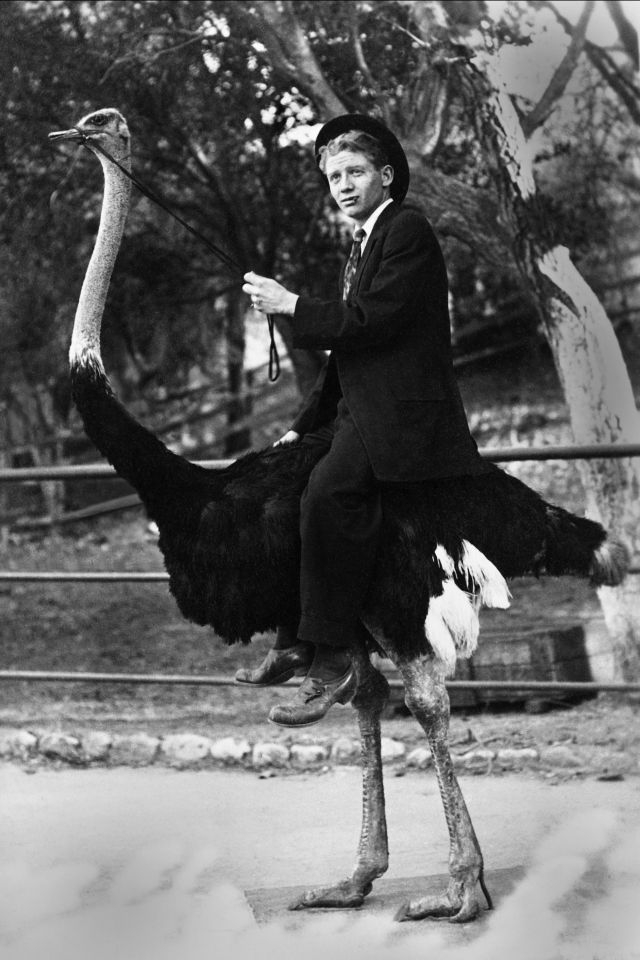
Chair of Task Force delivers report on CWB to Minister Ritz. Chair may not be exactly as illustrated.
It is not often that a report of such triviality dealing with such a serious matter is tabled, but the so called ‘transition panel’ report on ending the CWB just tabled by Minister Ritz has to rank as one of the most simple-minded exercises in wishing and hoping this writer has seen in decades.
The report pretends to be a blueprint for creating a “strong and viable voluntary Wheat Board.” It provides nothing of the sort. Instead it is a series of private trade clichés from the 1980’s that have long since been discredited in all but the most isolated of backwaters.
The list of things the report ignores is too long for this blog but consider one of the elephants in the room they ignore: there is no mention of the loss of price premiums that the CWB’s single desk now provides to farmers.
However, like most committee reports it does have at least one sentence which gives away the whole game and allows the committee members, when later confronted with the consequences of their triviality, to claim innocence. In this case the required sentence is found on page 5. It reads
“Change implies disruption of current practices, and shifts in market power among players.”
This is an acknowledgement that market power is about to be removed from farmers and given to the other “stakeholders” in the grain trade. In plain English, it means money and power will be taken from farmers and given to the five giant companies that now trade all the rest of the grain on the whole planet. The report even notes that without the Board, transparency will be lost but then fails to come to the obvious conclusion that farmers will be hurt. This is exactly what happens now with the annual canola swindle and other non-board grains. The big difference is the existence of the CWB places limits on how far this private trade swindle can go.
Passing reference is made to the fact that the Wheat Board was developed to balance several natural monopolies which still exist in the grain trade, but only to minimize or deny their existence. So while the railways are acknowledged as a monopoly, the fact we have only four deep water ports and the grain terminals at those ports are exclusively controlled by just a few corporations is not seen as a problem because the owners of those terminals assured the panel it would not be a problem. This is just one example of the panel asking the fox if the chickens will be safe.
In the best Victorian tradition, the report suggests that farmers, their short line railways, and producer car shippers just “ask” the railways and terminals to grant them favourable rates. If that fails, the report suggests that after an indeterminate time, the Minister should use “suasion,” a Victorian term for empty chatter, to convince those giants to give millions of dollars back to farmers.
Overall the report claims that market forces will protect the interests of farmers and balance the power between thousands of individual farmers and a few giant corporations. The report ends with a statement of faith that these forces will make the whole system much more efficient. Efficient for who is never really spelled out, nor are the market forces identified.
So what we have is a lot of wishing and hoping without any realism as to how the world works.

